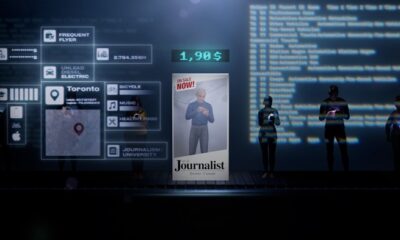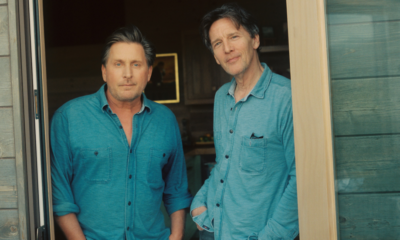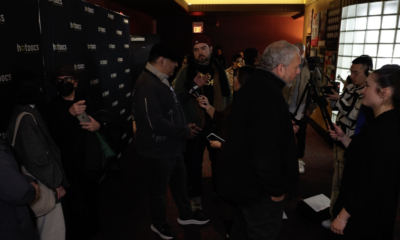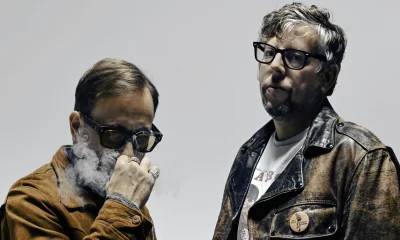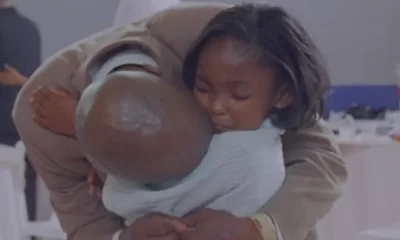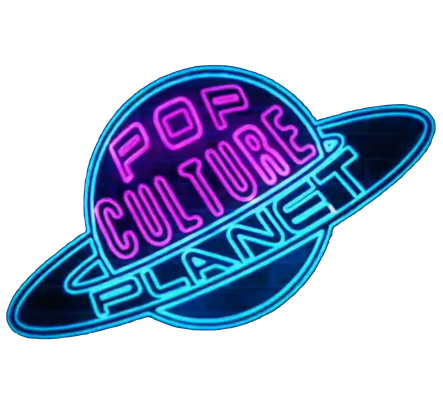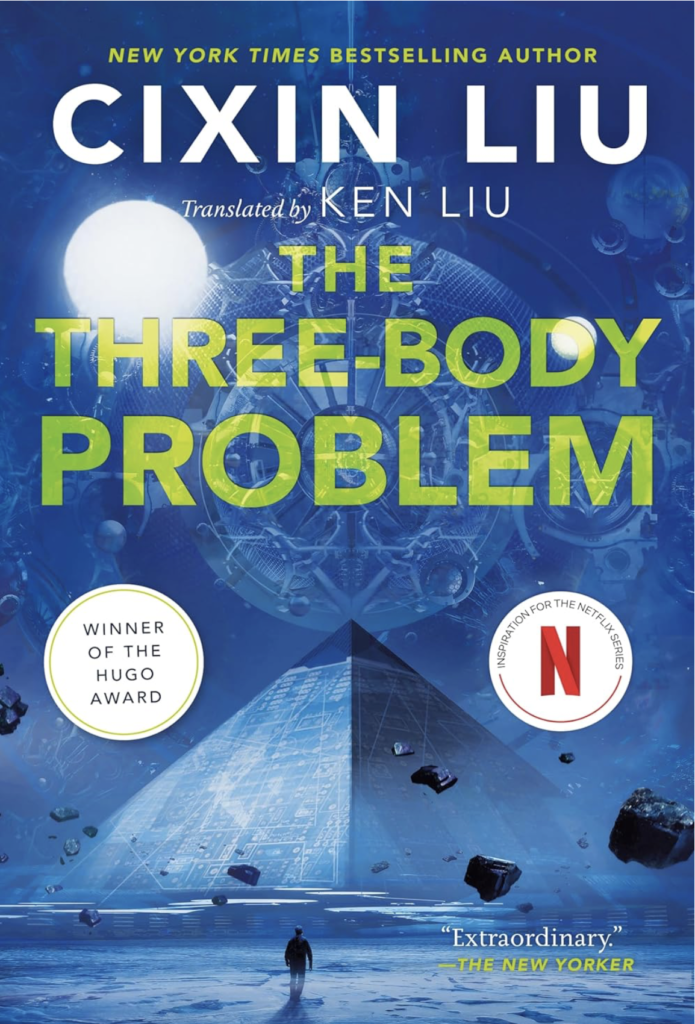HOT DOCS 2022
Jay Baruchel Seeks the End @Hot Docs 2022
Jay Baruchel figures out the ways humanity goes extinct in a new CRAVE series
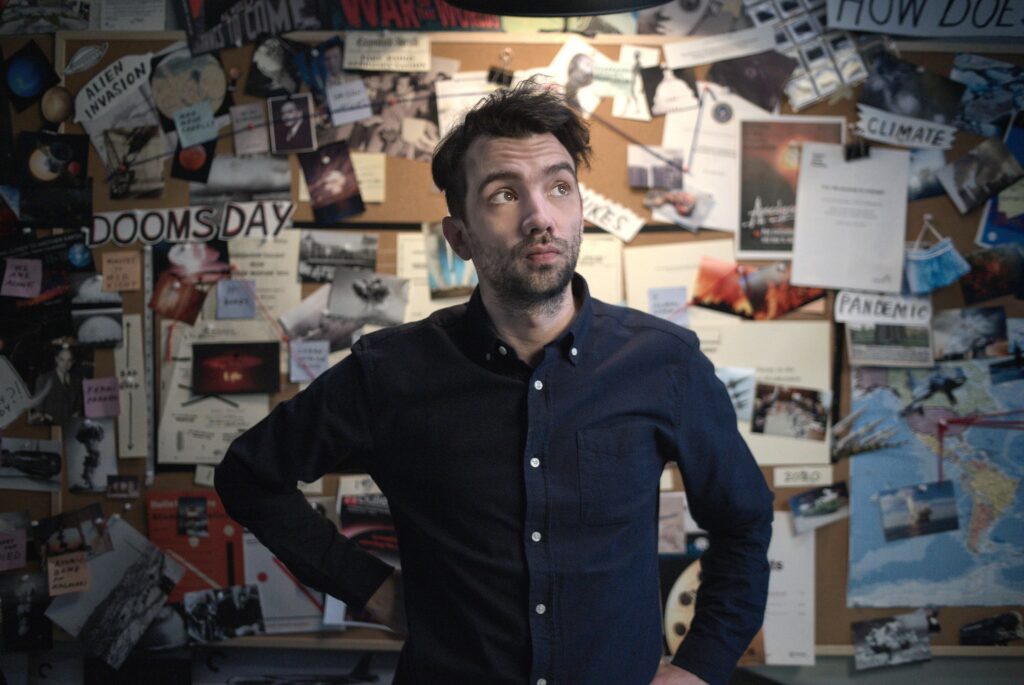

Humanity is obsessed with the way things will end for us. Whether it is through film or by reading the book of Revelations, we always have been curious about the apocalypse. Comedian, actor and director Jay Baruchel gives us an inside look at the apocalypse coming about. The six-episode series We’re All Gonna Die (Even Jay Baruchel) premiering at Toronto’s Hot Docs Festival has an unconventional approach.
The CRAVE series is an amusing yet detailed oriented narrative as to how we or something else can wipe us on our planet. While Baruchel travels to talk to prominent politicians, scientists, writers and figures around the world who give their realistic take on the end of humanity, he sustains his sense of composure with his punky and anxious sense of humour.
Six Episodes
The series directed by Victoria Lean breaks down how the apocalypse could come. The audience at Hot Docs was entertained by the first two episodes, Asteroid Armageddon and Nuclear Catastrophe. It was enough to get the juices flowing. Not that we should be pumped up and excited about death and destruction but be mindful of what is to MIGHT come.
COVID-19 has already set the bar that the end of humanity is possible. Ironically, the next episode is Pandemic Pandemonium. Jay Baruchel works like a true detective by doing research and posting pictures and articles to make connections. Problem is that he is never ready for info that he is about to receive from those interviews.
Dr. Paul Chodas, manager of NASA’s Near-Earth Object Studies, says that the number of asteroids in earth’s orbit increases drastically every decade. He shows Jay Baruchel with NASA’s high-tech data screen giving him a colourful response. Baruchel even freaks out about how close the latest threatening asteroid that almost hit Earth.
The Wrath of Hollywood
What’s amusing about these interviews and Baruchel’s research is that he shows how misinformed and misleading we really all are. Mainly through the Hollywood films that we watch. Like the film Armageddon where they try to destroy an asteroid headed for Earth. Baruchel seeks out the truth that it’s more damaging to try to blow up an asteroid headed for earth.
Or when Barcuhel asks now the late Dr. John Clearwater whether or not the apocalyptic explosion scene in Terminator 2 is realistic. The nuclear expert explains that when a nuclear bomb explodes that the human flesh does not disintegrate into bones as it does to Sarah Conner while she hangs onto a fence. There is no primer when it comes to nuclear bombs. Simply, the bones and fence get wiped out. But I mean that’s Hollywood for you trying to drum up their reality for you.
For some, it is not often that we delve into the many ways that humanity would become extinct. But there is not a better person who can find all the ways in which humanity could wipe itself out. Much respect has to go out to Jay Baruchel for absorbing all this detailed and dark information about possible apocalypses. It’s the reason why he looks stressed and anxious throughout the series because it is difficult to take in.
But to format this in a way where he is a vulnerable host relaying important information where the audience finds it amusing is perhaps the only way the audience can be mindful of it in the future. The only thing that we can laugh at is ourselves at this point. There is nothing else really.
-

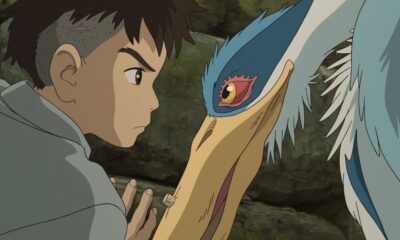

 BIPOC4 months ago
BIPOC4 months agoThe Boy and the Heron @TIFF 2023
-



 TIFF 20238 months ago
TIFF 20238 months agoViggo Mortensen in The Dead Don’t Hurt @TIFF2023
-



 ACTORS/ACTRESSES2 months ago
ACTORS/ACTRESSES2 months agoAn Exciting Conversation with Sydney Sweeney @SXSW 2024
-



 Uncategorized9 months ago
Uncategorized9 months agoWillem Dafoe in Gonzo Girl @TIFF 2023
-



 ACTORS/ACTRESSES3 months ago
ACTORS/ACTRESSES3 months agoThe Exciting 96th Oscar Nominations Announced
-

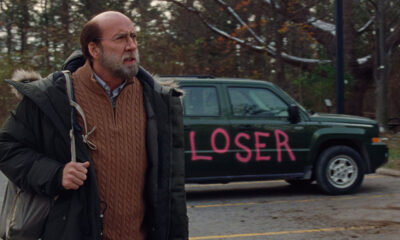

 TIFF 20239 months ago
TIFF 20239 months agoNicolas Cage in Dream Scenario @TIFF 2023
-



 Uncategorized9 months ago
Uncategorized9 months agoSly to close TIFF2023
-

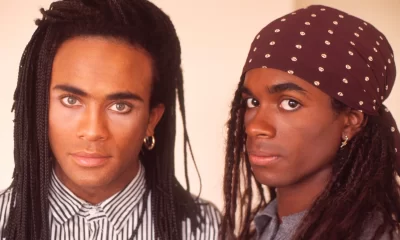

 TRIBECA 202311 months ago
TRIBECA 202311 months agoMilli Vanilli @ Tribeca Film Festival 2023


